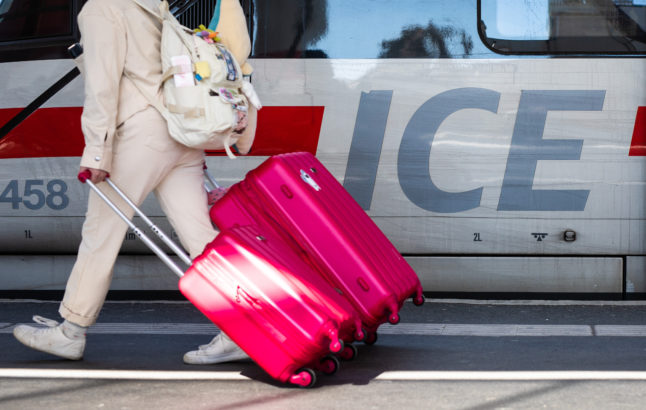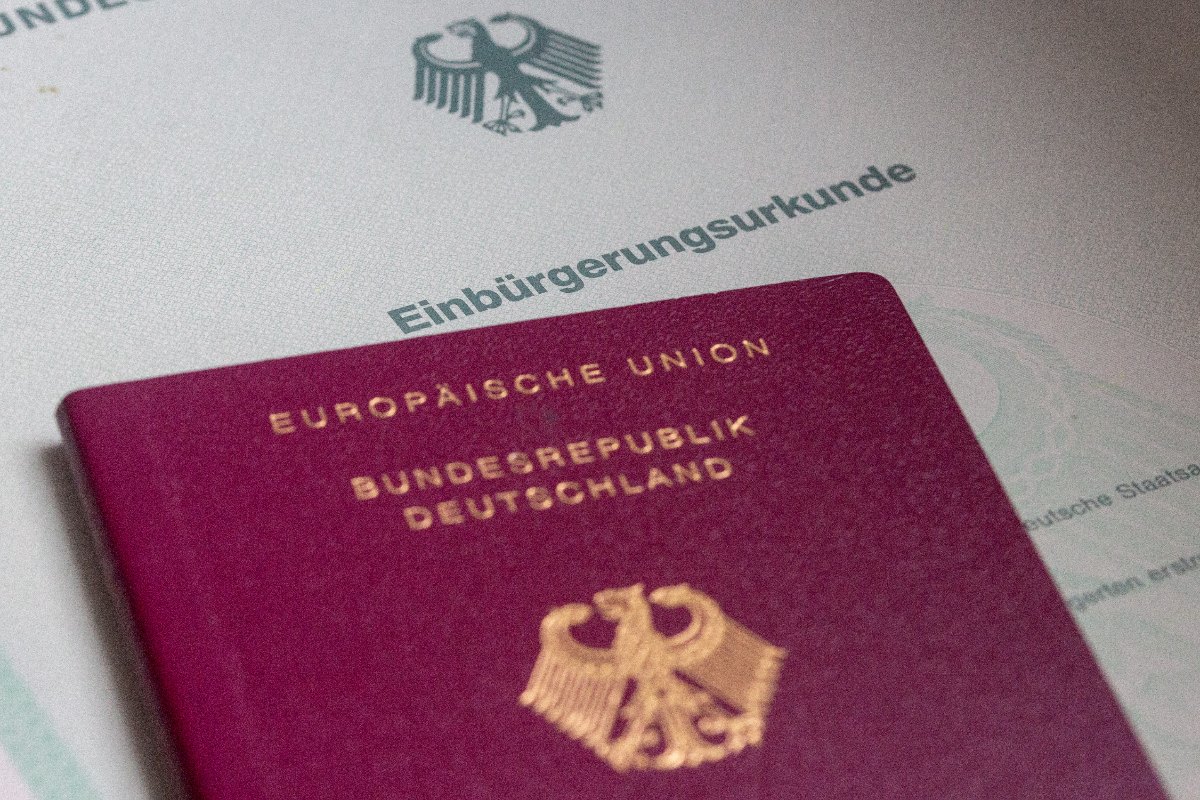Is train travel in Germany all it’s cracked up to be?
If you’ve had to deal with disruption while travelling on German trains, you’re not alone, as our columnist Brian Melican wrote about. In fact, his piece seems to have struck a nerve. It’s a well-known stereotype that Germany runs like clockwork, but that’s not the case when it comes to the rail system. Far from it, actually. Foreigners who arrive in Germany are often surprised to constantly be faced with a Zugverspätung (train delay).
Brian also highlighted problems due to what he described as “decades-long network underinvestment” in infrastructure. With the climate crisis worsening, Germany sees trains as a key component to the future of travel. The Greens, who are in the coalition government, have even previously spoken out about making trains in Germany more reliable and cheaper to cut down on domestic air travel. But a lot of work will have to be carried out if this is the aim. Let us know your experience of travelling on German trains by emailing [email protected]
Tweet of the week
Germany’s bread selection is the gift that just keeps giving. But if you’re French, perhaps now is the time to look away…
the pretzel-croissant gotta be one of the most underrated german innovations pic.twitter.com/lCQe2rYh8G
— tímóthéé fórstér (@timothyjforster) July 28, 2022
Where is this?

This is the Berliner Dom (cathedral) in all its glory, with the TV tower behind. But one thing that’s different to usual is that it’s not properly lit up. That’s because Berlin is putting many of its monuments in the dark to save energy as Germany heads into a difficult winter with Russia throttling the gas supply. As well as saving energy, the aim is to set an example to households and businesses as part of the German national effort to cut down on gas and electricity.
Did you know?
Since there are lots of bugs going around at the moment, whether it’s Covid-19 or another infection, it’s worth getting familiar with German work rules around sickness. If you are sick, you need to give your employer a Krankmeldung (notification of sickness) before the start of work on the first day. However, you also need to hand in a Krankschreibung (doctor’s note) on the fourth day – unless your contract says you have to hand it in earlier.
It may sound harsh but you also risk losing your job or being disciplined if you don’t hand in your doctor’s sick note to your employer fast enough. A few years back, a teacher in Rostock lost her job after getting a doctor to retroactively write her off work five days after she should have handed in her Krankschreibung. The state court in Mecklenburg-Western Pomerania agreed with the firing, ruling that a sick note can be written only up to two days too late, and then only if there are mitigating circumstances. So make sure that you contact your doctor to get the admin sorted as soon as you can.
Thanks for reading,
Rachel, Imogen and Sarah @ The Local Germany
This article is also sent out as a weekly newsletter just to members every Saturday. To sign up and get it straight into your inbox just go to your newsletter preferences.





 Please whitelist us to continue reading.
Please whitelist us to continue reading.
Member comments